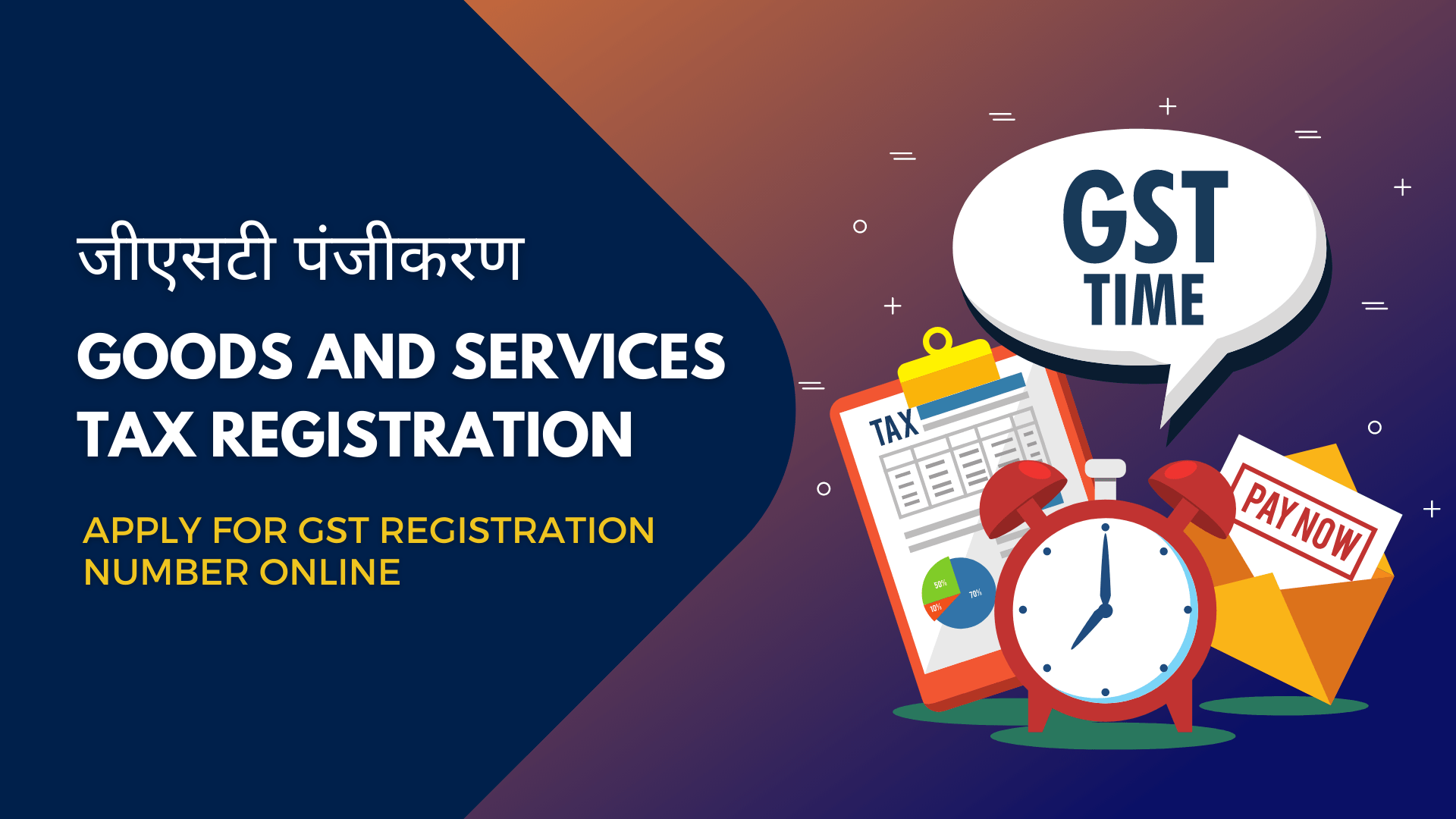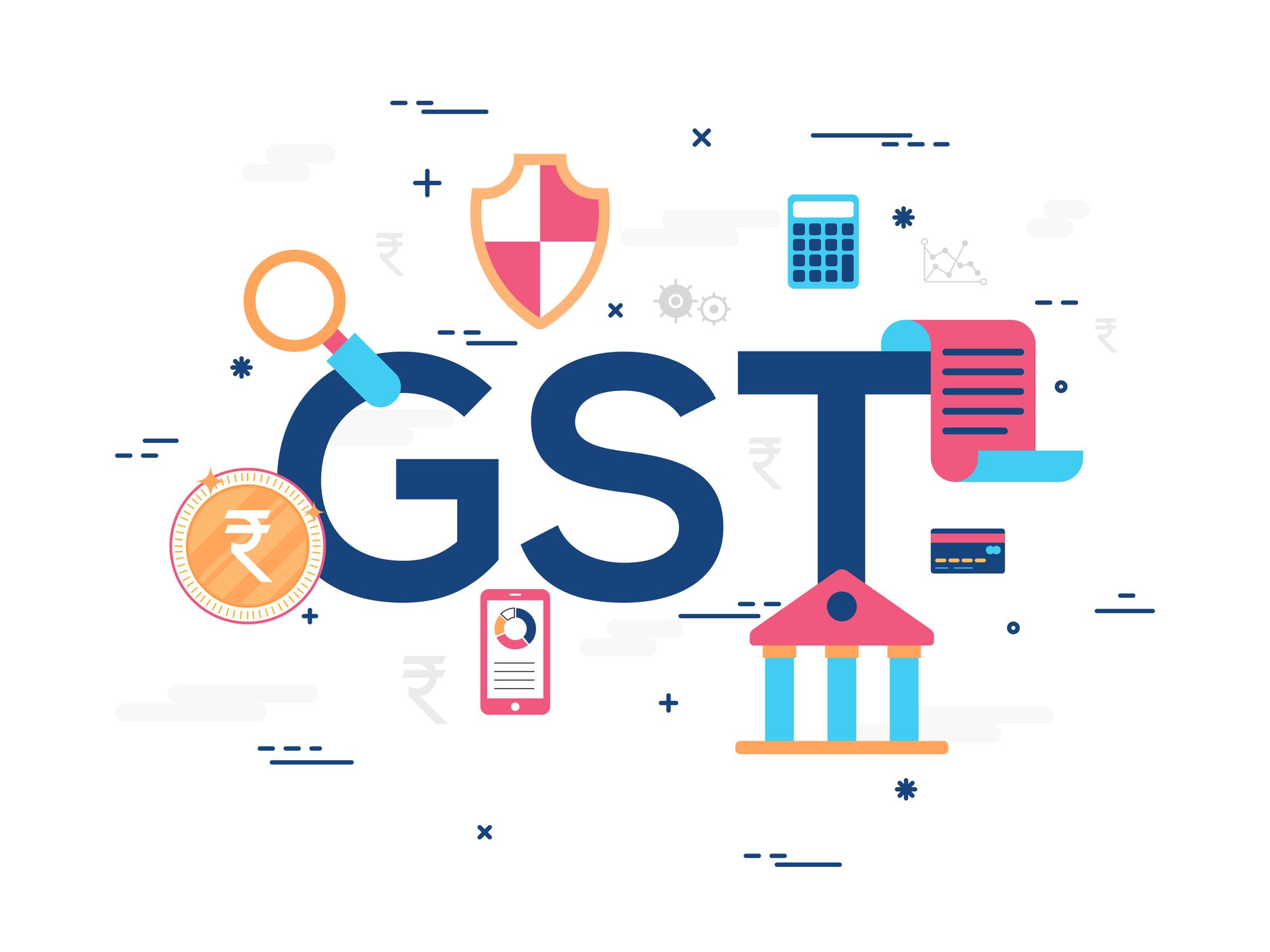Specialist Insights: Why CFO Account & Services is Perfect for GST Registration in Singapore
Specialist Insights: Why CFO Account & Services is Perfect for GST Registration in Singapore
Blog Article
Browsing the Intricacies of GST Registration: A Comprehensive Guide for Entrepreneur
Navigating the intricacies of GST enrollment can be an overwhelming job for numerous local business owner, as it includes a myriad of guidelines, laws, and processes that should be stuck to. With the ever-evolving landscape of tax obligation laws, ensuring conformity and understanding the complexities of GST enrollment is vital for the seamless procedure of any type of business. From establishing eligibility and collecting the essential paperwork to optimizing procedures for maximum effectiveness, this comprehensive overview aims to supply company owners with the knowledge and tools required to navigate the intricacies of GST registration effectively.
Qualification for GST Registration
Company owner have to meet details criteria to identify their qualification for GST registration. In general, organizations with an annual turn over going beyond a specific threshold are needed to sign up for Goods and Solutions Tax Obligation (GST) This limit varies by country, but it is necessary for business owners to remain educated about the details regulations in their jurisdiction. Furthermore, organizations entailed in interstate materials, ecommerce, or the stipulation of particular specified solutions and items might also be mandated to register for GST, regardless of their turnover.
Moreover, businesses that are registered under any previous tax regime, such as VAT or service tax obligation, are usually called for to change to GST enrollment. Recognizing these standards is essential for company owner to guarantee compliance with the law and avoid any kind of fines or lawful problems. It is recommended for entrepreneurs to seek advice from tax specialists or lawful consultants to assess their eligibility for GST registration accurately. By sticking to the needed requirements, businesses can efficiently browse the intricacies of GST enrollment and operate lawfully within the tax structure.
Documents Needed for Registration
To finish the GST enrollment procedure, organizations need to gather and submit a comprehensive set of papers. The crucial records needed for GST enrollment typically include proof of company registration or consolidation such as the Certification of Unification, collaboration act, or any kind of various other enrollment certification.
In addition, details records related to the nature of the service, such as a listing of products or services supplied, HSN codes for goods, and cavity codes for solutions, might be called for - Why choose CFO Account & Services for GST registration in Singapore. It is essential for companies to guarantee that all documents submitted are exact, up-to-date, and in the prescribed layout to stay clear of any kind of delays or difficulties in the GST enrollment procedure
Process of GST Registration
Having actually set up the requisite paperwork, businesses proceed to initiate the GST enrollment process by involving with the on the internet portal marked for registration. This on-line website is the Item and Services Tax Network (GSTN) site, which works as the key platform for all GST-related tasks in India. Upon accessing the portal, organizations are needed to fill in the GST registration kind with accurate information regarding their service activities, turnover, and various other relevant details.
Once the kind is completed and sent on the portal, the GSTN confirms the information offered by the organization. If any type of disparities are discovered, the candidate might be needed to give extra details or clarification. Complying with effective confirmation, a GST registration certificate is provided to business entity. This certificate includes an one-of-a-kind Goods and Provider Tax Identification Number (GSTIN) that is utilized for all GST-related Continued purchases.
It is essential for services to make sure that the information supplied throughout the GST enrollment procedure is accurate and up to date to prevent any type of prospective issues or delays in obtaining the GST registration certificate.
Understanding GST Compliance

Companies need to be conscious of the different GST compliance requirements based on their turnover, nature of goods or solutions, and the states in which they look at this web-site run. It is critical to remain upgraded on any kind of adjustments in GST laws and regulations to avoid any type of non-compliance problems.
Non-compliance with GST guidelines can result in significant fines, penalties, and even lawful effects. Services should invest time and sources in informing themselves and their staff on GST conformity. Looking for professional assistance from tax obligation consultants or specialists can also aid in navigating the complexities of GST conformity and making sure that companies run within the legal structure.

Tips for Optimizing Organization Procedures
For improved efficiency and efficiency in business procedures, tactical preparation and streamlined processes are crucial parts. One tip for maximizing business operations is to utilize technology properly.
Another crucial facet is prioritizing tasks based upon their importance and target dates. By developing a clear hierarchy of jobs and establishing reasonable timelines, services can ensure that important tasks are finished on time. Fostering a culture of open communication and partnership amongst group participants can lead to raised efficiency and development.

Final Thought
In final thought, browsing the intricacies of GST enrollment calls for a clear understanding of qualification standards, essential documents, registration processes, and conformity requirements. By adhering to these guidelines and optimizing company operations, company owners can guarantee smooth operations and compliance with the GST regulations. It is important for companies to stay educated and updated on GST policies to avoid any penalties or legal issues.
The vital records needed check my source for GST enrollment normally include proof of business enrollment or unification such as the Certification of Consolidation, partnership act, or any kind of other registration certificate.Having actually constructed the requisite paperwork, services proceed to launch the GST enrollment process by involving with the on-line website designated for enrollment. Upon accessing the website, businesses are called for to fill up out the GST registration kind with exact details concerning their service activities, turn over, and other relevant details.
In order to maintain adherence to GST laws and prevent penalties, organizations should prioritize recognizing GST compliance. By sticking to these guidelines and maximizing company procedures, company owners can make sure smooth operations and conformity with the GST regulations.
Report this page